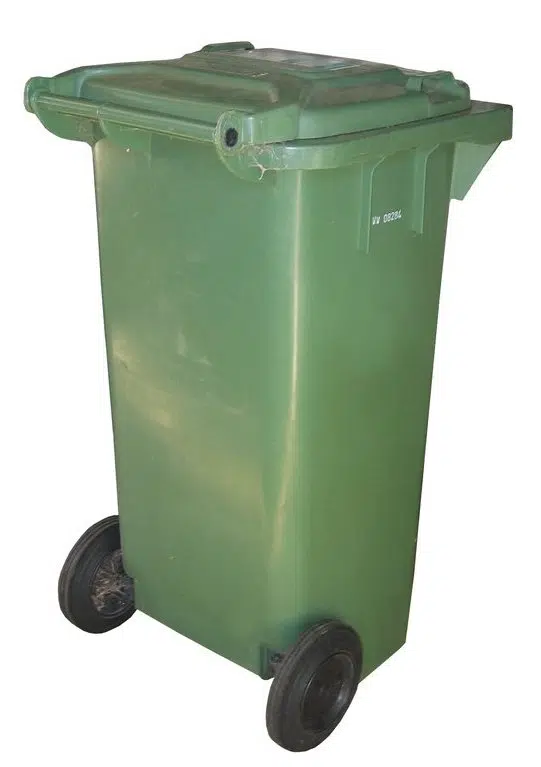
Curbside recycling will soon be rolling out to residents across the city of Saint John.
On Monday, council endorsed implementing a new solid waste collection model city-wide.
The model, dubbed Waste Wise, ran as a pilot project in the Rockwood and Latimore Lake neighbourhoods earlier this year.
The four-month pilot project saw more than 1,000 households each given two 83-litre recycling bins and a 180-litre garbage cart.
A survey conducted after the pilot found participating neighbourhoods experienced an almost 25 per cent increase in recycling and an eight per cent increase in composting.
“These are very exciting numbers, and if the program continues, and citizens make the effort and become more comfortable with the process, we are confident these numbers will increase,” said operating manager Thomas McGrath, who presented to Common Council on Monday night.
The new program is expected to reduce the amount of garbage going to the landfill, which will lead to lower tipping fees for the city. Currently, Saint John pays about $1.3 million in tipping fees each year.
McGrath said the pilot project cost $208,560, and if it is introduced city-wide, an additional investment of $2.3 million will be needed.
“The total estimated cost to modernize Saint John’s solid waste collection service is approximately $3 million. This number includes just under $500,000 already invested in upgrading and retrofitting the remaining garbage trucks with helping hand technology,” he said.
However, some concerns have been raised about the program, particularly when it comes to the use of bag tags.
Residents would have to pay an extra fee for each bag of garbage that does not fit in their cart. Some are worried it may place a burden on low-income households.
There were also concerns about the potential for more illegal dumping in the city because of the bag tags.
In addition, the blue bin program offered through Fundy Region Solid Waste will be discontinued in late 2022, which means some people may need to find an alternative recycling collection option. Businesses and apartments of more than four units are classified as commercial and must provide their own waste collection which includes recycling.
Staff estimate that the city would see net savings and revenue of around $680,000 per year, and the program would pay for itself within seven years.
While the program has been endorsed by Common Council, more details still need to be worked out before it is fully implemented. That includes acquiring more carts and totes, developing a bag tag distribution system, creating a detailed deployment plan, and reviewing special neighbourhood collection issues.







